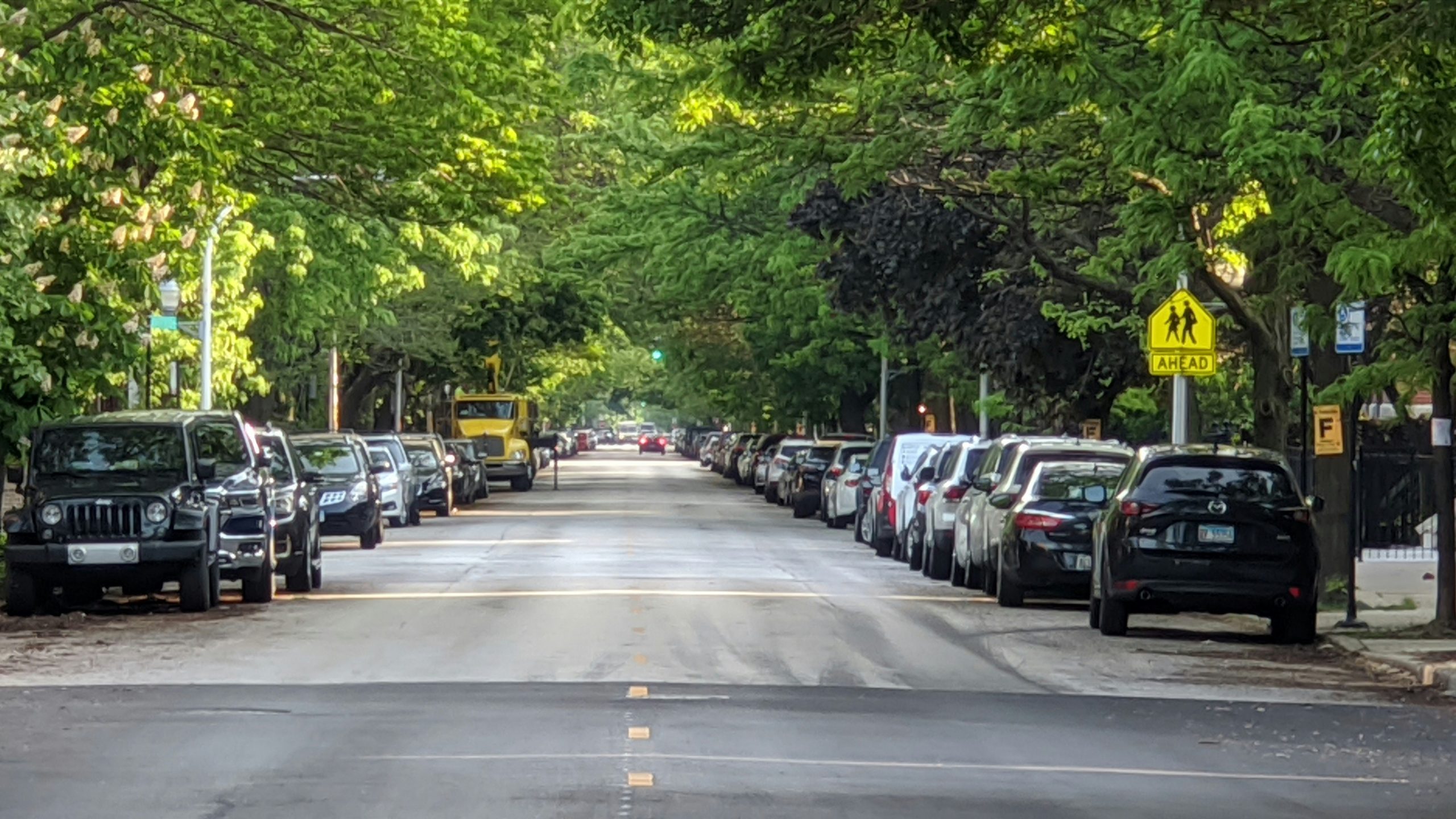If you’ve ever been cancelled for liking your car, you know what green guilt-tripping feels like. I hope, after you’ve read this post, that you will no longer feel guilty driving a gasoline-powered car, or talking about your car within hearing range of gasoline guilt-trippers.
Gasoline guilt-tripping is based on two ideas that are fundamental to the “Progressive”, “Green”, belief system. They want us to believe that burning fuel always causes “pollution”. And they want us to believe that fuel is a limited resource that must be carefully shared.
Future Gasoline will not Drive Global Warming
The high priests of Greenism want us to believe that we can fix global warming by reducing emissions. The idea is that if emissions are reduced below some “sustainable” level, the environment will be able to cope. This is true for sewage. Therefore, according to Greenism, this is also true for carbon dioxide.
This idea is so wrong-headed you’d be forgiven for thinking it should never have made it into the public consciousness. Sadly, however, the Green priesthood don’t care how much damage their belief system wreaks on our environment.
The fact is that net human-made CO2 emissions are many thousands of times greater than the biosphere’s capacity to absorb CO2. Reducing emissions won’t stop global warming. If we could slash net CO2 emissions by 95%, right now, the climate would keep warming up. The only way to stop global warming is to eliminate NET CO2 emissions. That’s exactly why the Paris Agreement requires all human-made CO2 emissions to be cancelled out by human-made CO2 “sinks”. A sink is anything that extracts CO2 from the atmosphere or the oceans. We make a product CO2-neutral by harvesting the same amount of CO2 that is released during consumption of that product. That’s how farmers (and nature) make food: Plants extract CO2 from the atmosphere, deer or cows eat the plants, and humans eat the deer or cows. The process is CO2-neutral because CO2 emitted by living things burning energy is cancelled out by CO2 ingested by plants.
CO2-neutral gasoline is made by a similar process: Carbon from atmospheric CO2 is combined with hydrogen from water to make sustainable hydrocarbon fuel.
The Paris Agreement requires that all energy producers switch to CO2-neutral energy products: Gasoline, Diesel, Barbeque Gas (LPG), Aviation Fuel, Hydrogen, Electricity, Batteries, and so on. Almost all of today’s energy products (including batteries and electricity) are made from fossil hydrocarbons such as coal and oil. All of these products must become 100% CO2-neutral.
Engineers know how to do that. When it’s done, all cars will be 100% CO2-neutral. It will make no difference whether you drive a battery car or a gas-guzzling V8. Driving a car, any kind of car, will not heat up the climate.
Future Gasoline will be Abundant
A second wrong-headed idea promoted by the high priests of Greenism is that all resources are finite. They want us to believe that resources such as gasoline cannot be recovered, re-used, or recycled after they have been used. Therefore, gasoline must be carefully conserved, people must not use more than their fair share, and everyone has a responsibility to minimise their consumption. This belief inspires very strange weirdness. For example, we are told that small cars are better than big ones because they use less gasoline.
The Paris Agreement demolishes this idea. Already, as oil companies pump out the first sniffs of CO2-neutral hydrocarbons, we have abundant evidence that international climate rules such as the Paris Agreement will force energy companies to switch to renewable gasoline, made with sustainable carbon and hydrogen and renewable energy. The carbon and hydrogen are recycled when we burn renewable gasoline: And because they are fully recycled, there is no limit on the amount of gasoline which can be produced.
The earth provides more than enough renewable energy to fully satisfy demand for CO2-neutral hydrocarbons, including gasoline. The surface of our planet absorbs about 2.6 million million million million Joules of solar energy per year. If energy companies could switch from fossil to solar hydrocarbon production overnight, they would use less than 0.15% of the available solar energy to fully satisfy market demand for hydrocarbons. This does not count other options, such as space-based solar or fusion, which dwarf the terrestrial solar energy resource.
The Future of Transportation
We should expect the Paris Agreement to transform attitudes toward transportation. All transport modes will be CO2-neutral: You won’t get a carbon footprint from travelling, no matter how you get from place to place. In addition, air quality regulations are now so stringent that battery-powered cars create more local air pollution than comparable gasoline hybrids. The allowable pollution is so low, that all current model vehicles sold in Europe or the USA are practically pollution-free. This leaves governments and pressure groups with no rational reason to encourage or force people to choose one mode of transport over another.
Against this background, we should expect many cities to eventually ditch public transport systems. People prefer cars. Anywhere public transportation is promoted as a solution to climate change, or as an offering to the high priests of Greenism, it’s a gone-burger.
I don’t expect the introduction of CO2-neutral gasoline to drive massive uptake of fire-breathing supercharged monster-block V8s. Fuel and transportation costs will still take up a significant fraction of household income, and many folk will avoid unnecessary gasoline consumption so they can afford other things. That said, I see a healthy future for gasoline-powered muscle cars because some people love them.
To be absolutely clear: These changes will be driven by a total phase-out of fossil fuels, combined with properly functioning markets for transportation, vehicles, and energy.
The big question: When will this happen?
We are technorg.
Feature Image: Craig Vodnik via Unsplash
